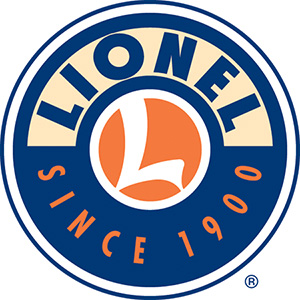I would hazard a guess given the way these are put together and by whom, that their fail rate is probably pretty high. You can't go by forum posts because of course those with problems are the ones you see, but if their fail rate was low quite honestly we shouldn't see the number of complaint threads we see on here, that is not the hallmark of a well made product, especially one with relatively low numbers (if I was on a forum where they complained about let's say LG OLED tv sets, where they sell millions of them and saw a lot of complaints, that makes sense, but with something made in small quantities and on a small slice of that base ie this forum?)
And looking at what I can glean from what I see on here and from what I have heard from people in person, it is a classic case study from when I was getting an advanced degree in the field. This is an example where the cost of quality (that to a quality assurance person represents the cost of low quality ie the cost to fix things under warranty, loss of customer faith and other issues) doesn't affect the cost of quality as measured by beancounters and the like (cost of quality=cost of actually producing the item where it is a quality item, is reliable, does what it says, etc). GM was like that, when they had like 50% of the US market, they had horrible quality by modern thoughts, but didn't care. The cost of (low) quality didn't matter because they had their 50% market share, and the 'cost of quality' was often born by the customer and the dealer (warranty repairs are a burden to dealers, car or otherwise, they are not paid the full cost of the repair but have to do it as part of being a dealer). They never improved how they made the cars, didn't care about bad parts from the vendor unless they couldn't mount them on the car (and even then mostly tossed them in the scrap bin)......and like these trains, it is because there wasn't any competition on quality (hint, Ford GM Chrysler et all were all poor quality).
Even today when you bring up the cost of quality, the first thing many finance types is whine about how expensive it is to improve quality, it isn't worth it, etc. The reality is in this market is that there is no cost to low quality to the makers, they really don't care, and we the consumer are faced with either buying them and dealing with the poor quality (either in waiting months to get it back, or having to tinker ourselves) , or not buying them and doing something else (maybe another scale, or going postwar/pre all the bells and whistles).
People have said that quality on the old lionel stuff (MPC I Know was poor),the post war stuff, was likely not all that great (especially given consumer products in general weren't great by today's standards), but back then you had a lot of service stations (kind of like car dealerships) and places that could fix them, parts were easy to get and replace. Lionel trains today were kind of like having what was in the 60's exotic, specifically a foreign car, few places to fix it, parts often had to be shipped in from overseas, and you kind of grinned and bore it. What we are faced with today is what someone buying a Maserati or Jag in the 60's faced. For the record, I don't think that quality has suddenly gone downhill, I think it has been poor all along but between engines getting more complex, and the service side being decimated (the fact that Lionel , let alone MTH, has 0 training for service people says a lot), it is a lot more evident how bad it is.



